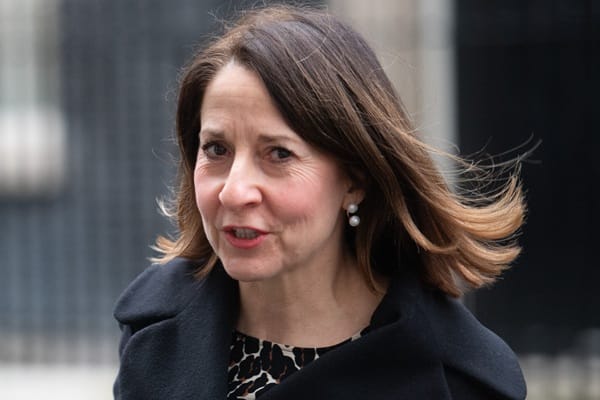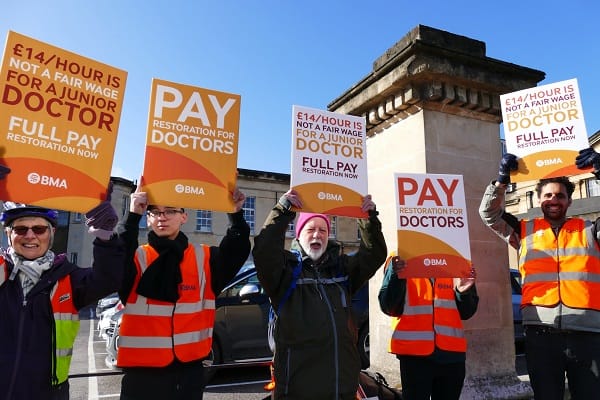The state pension age could increase amid the rising costs of the triple lock and MPs are starting an assessment of the age that people retire.
This could potentially change the retirement age for when people can claim state pension, the government must deliver their findings by March 2029.
For 2026 to 2028 under the current plans people will be allowed to claim their state pension from 66 to 67 and from 2044 to 2046 the age will rise again to 68.
The government will unveil their new Pensions Commission will look into the state pension, it will be announced later today.
The Pensions Minister Liz Kendal said, “many workers are more concerned about putting food on the table and keeping a roof over their heads than saving for a retirement that seems a long, long way away”, and that many businesses “face huge challenges in keeping profitable and flexible in an increasingly uncertain world.
Kendal added, “Just because pensioner poverty has fallen does not mean all the problems have gone away.
“Far from it. Women who are now approaching retirement have half the private pension wealth of men, so the average woman in her late 50s can expect a private pension income of just over £100 a week, compared to £200 a week for men.
Only one in five of the self-employed are saving into a private pension, down from half in the late 1990s, meaning over 3 million self-employed people aren’t saving anything at all for their retirement.
Catherine Foot, the director of the Standard Life Centre for the Future of Retirement said, “The state pension plays a fundamental role in people’s retirements, so it makes sense that its role is considered as part of the broader question of saving adequacy. Any change will need to be very carefully considered, especially as state pension age is due to start rising to 67 next year already.
We believe that any proposed change must satisfy the principles of fairness, adequacy, and long-term sustainability.”
Caroline Abrahams, the charity director at Age UK, added: “There’s no getting away from the fact that the state pension provides the bulk of retirement income for most pensioners, with 1.1million (13 per cent) receiving all their income from the state.
It’s therefore hugely important to consider the future of the state pension alongside the role of private savings, as only once this is clear will it be possible to say with any accuracy how much people need to put aside to attain a decent standard of living once, they retire.








